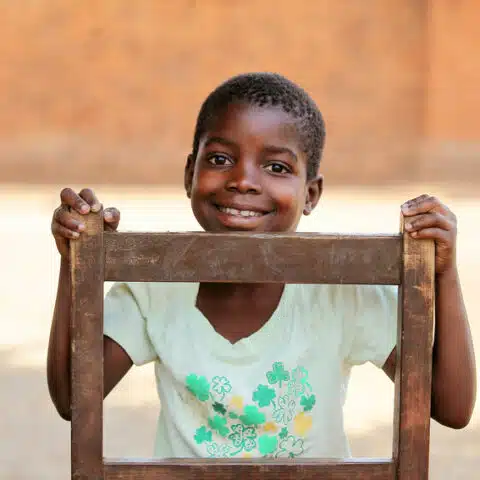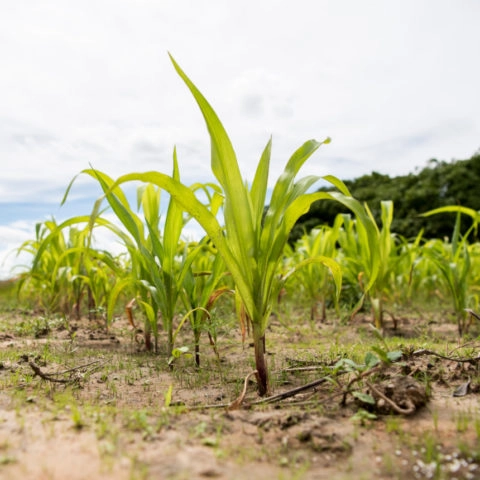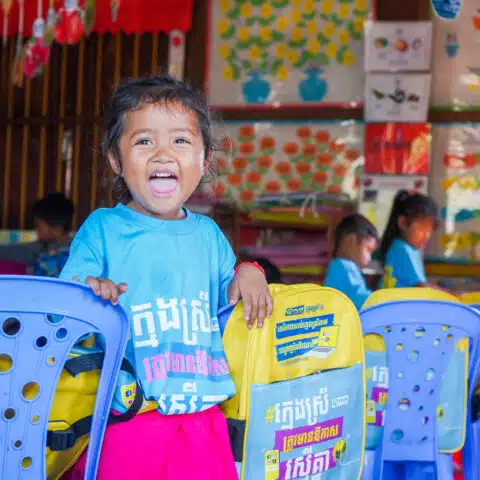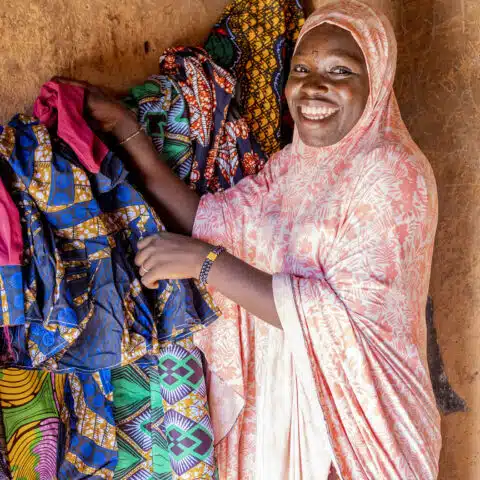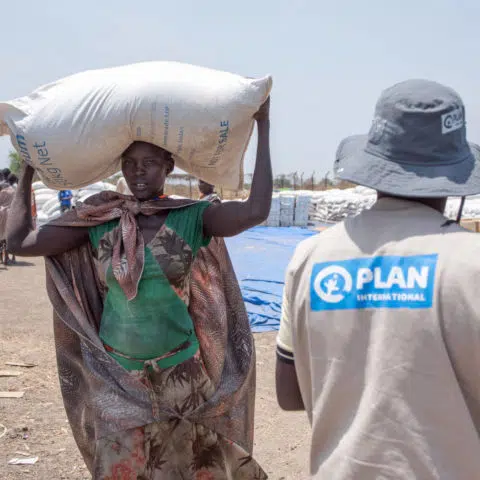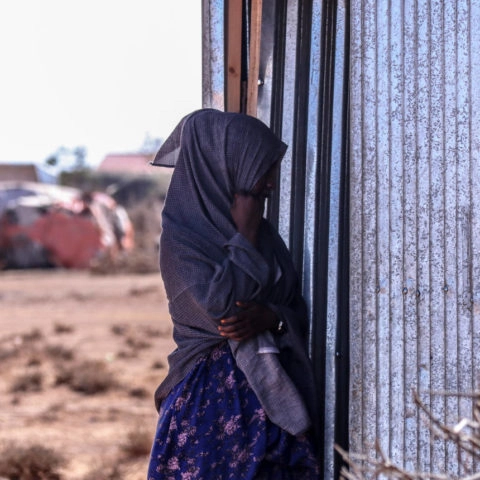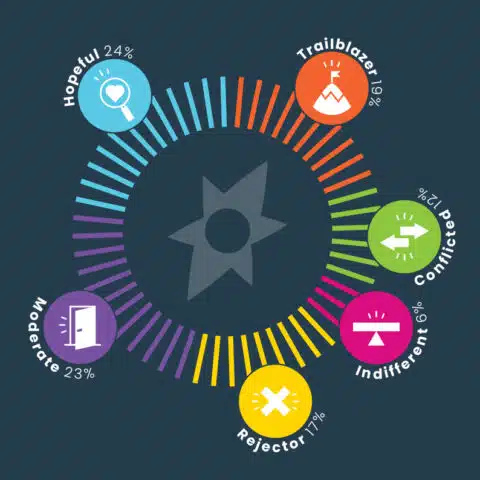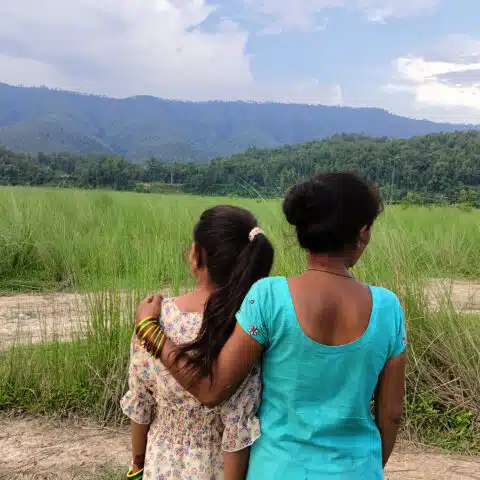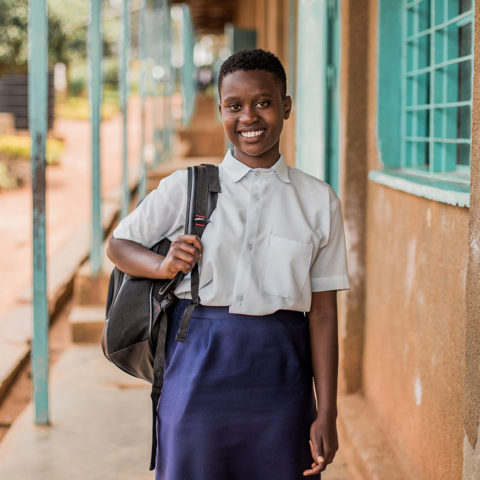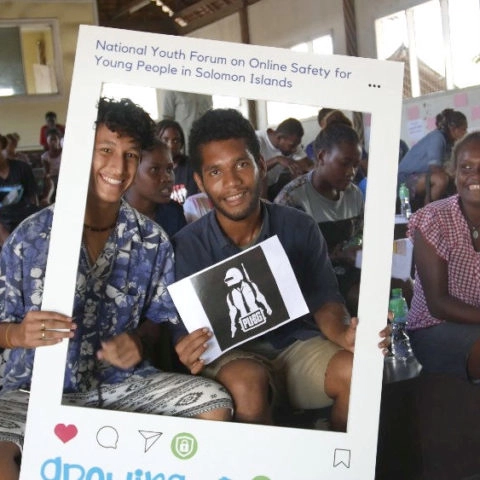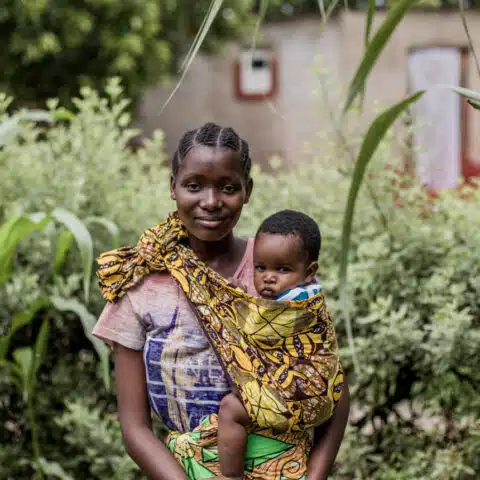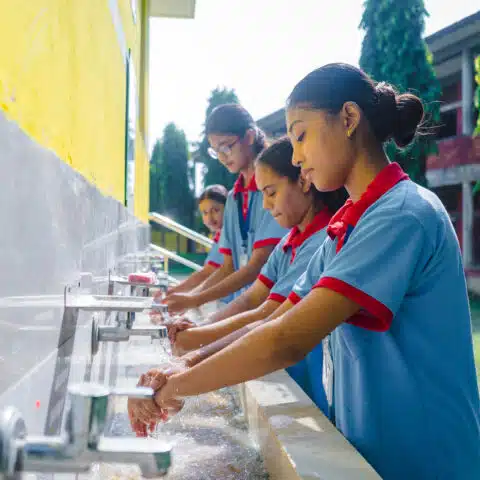How we’re working for a more equal world
We support girls and young women to be agents of change. We’re also supporting their peers, communities and governments to tackle the root causes of gender injustice to reshape unequal gender and power relations:
- through our global reach
- through the experience of our local teams and the young people we work with
- through our partnerships
- through our influence and advocacy
- through our global community of supporters who continue to step up for girls and young women.
We are a secular organisation with no religious or political affiliations. Poverty doesn’t discriminate, so neither do we.
All of our programs work to break down gender norms and stereotypes.
What does this mean? It means we work to bring about change in the way communities view women and girls; in how men and women relate to one another; in how communities understand gender. Change that encourages people to challenge the gender stereotypes and inequalities that prevent them from realising their full potential.
Gender inequality may disproportionately affect women and girls, but it also directly impacts men and boys too.
And our commitment to girls is never to the exclusion of boys or men.
We work to break down power imbalances and transform the systems, norms and beliefs that maintain inequality. This includes working with positive male role models and supporting boys and men in shaping positive masculine behaviour.
Our work is challenging norms so that everyone can be free to pursue their dreams and reach their full potential, regardless of their gender.
Photo: Teacher helps boy read from history and geography textbook at school in Kon Tum Province. © Plan International
Protecting children and young people is central to all our work.
In everything that we do, safeguarding people is our number one priority.
Safeguarding is the responsibilities, preventative, responsive and referral measures that we undertake to protect people, ensuring that no person is subject to any form of harm as a result of their association with the organisation.
We recognise that we have been trusted to work with people across the globe, many of whom are in extremely vulnerable situations. That is why we have zero tolerance for anyone who violates this position of trust by abusing or harming the people we work with and alongside.
We take seriously our responsibility to safeguard all people from harm. We work to both prevent harm as well as respond immediately and effectively to any concern. Safeguarding is everyone’s responsibility and an everyday part of our work.
Learn more about our safeguarding policies and reporting procedures.
Photo: Vorn, 7, reads book at library in primary school built by Plan International. © Plan International

